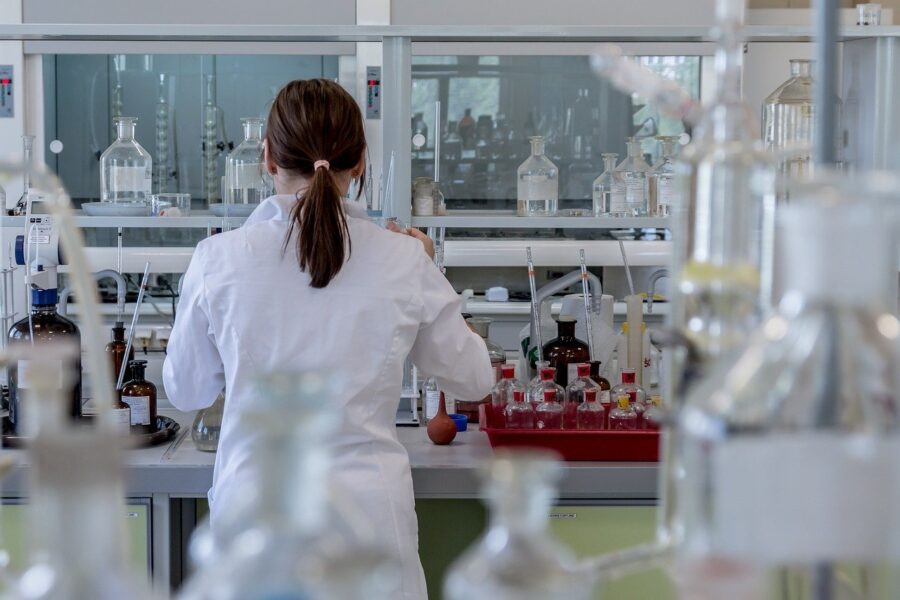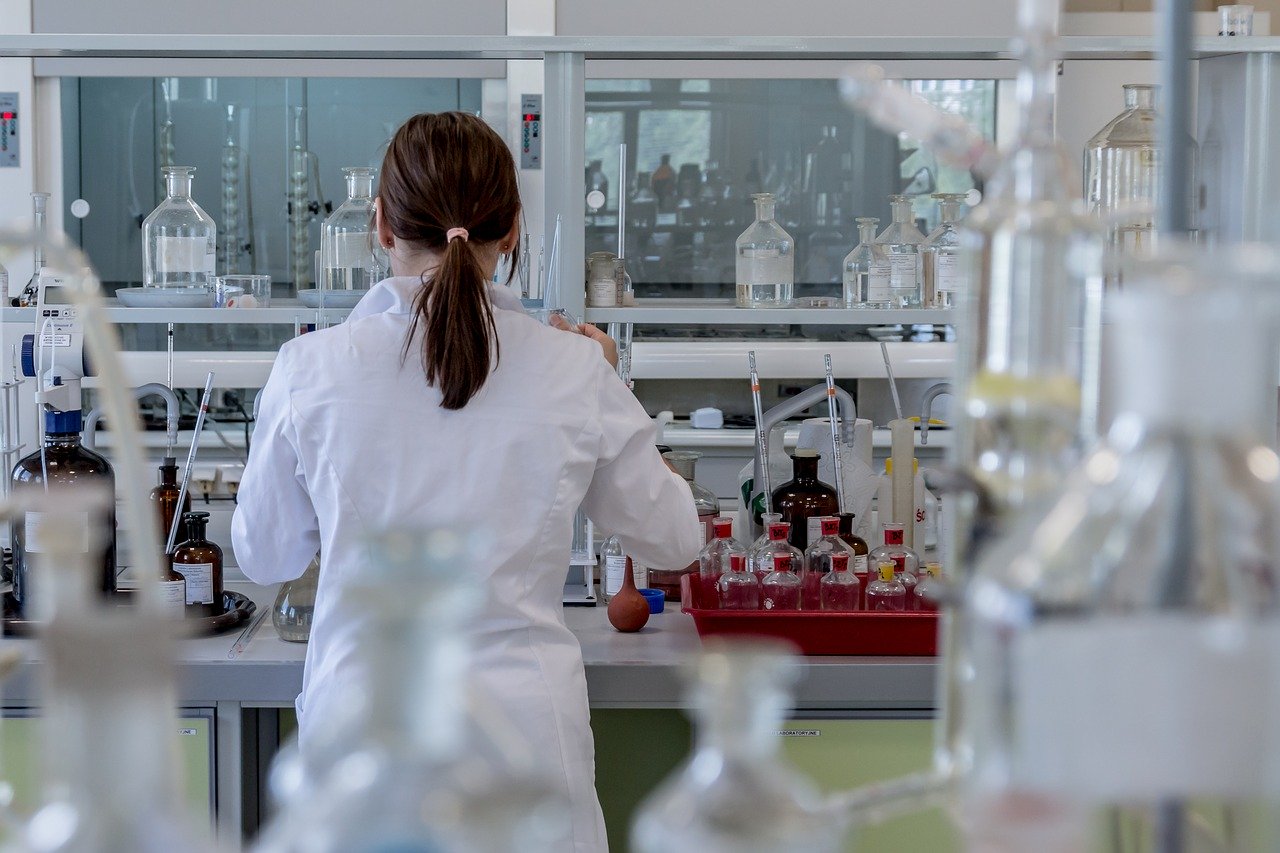
121 More People Die of Covid-19 in South Africa as WHO Warns Pandemic is Not Over
South Africa now has 627 041 cumulative cases of COVID-19 after 1 985 new infections were identified on Monday. This comes as the World Health Organisation (WHO) has warned that while people are experiencing pandemic fatigue, the COVID-19 pandemic is not over. “WHO fully supports efforts to re-open economies and societies. We want to see […]

South Africa now has 627 041 cumulative cases of COVID-19 after 1 985 new infections were identified on Monday. This comes as the World Health Organisation (WHO) has warned that while people are experiencing pandemic fatigue, the COVID-19 pandemic is not over.
“WHO fully supports efforts to re-open economies and societies. We want to see children returning to school and people returning to the workplace – but we want to see it done safely.
“At the same time, no country can just pretend the pandemic is over. The reality is that Coronavirus spreads easily. It can be fatal to people of all ages, and most people remain susceptible,” said WHO Director-General, Dr Tedros Ghebreyesus, on Monday.
The death toll in South Africa has jumped to 14 149 after 121 people succumbed to the respiratory disease. Of the additional fatalities, 24 were in the Western Cape, 23 in Limpopo, 20 in the Eastern Cape and Gauteng, respectively, and 16 in Free State. Three provinces recorded single-digit daily deaths – nine in the Northern Cape, eight in the North West and one in KwaZulu-Natal.

“We convey our condolences to the loved ones of the departed and thank the healthcare workers who treated the deceased,” Health Minister, Dr Zweli Mkhize, said.
The provinces with the highest number of infections include Gauteng with 210 169 cases, KwaZulu-Natal 113 006, Western Cape 106 021 and Eastern Cape 86 163. The Free State has 37 888 cases, North West 25 348, Mpumalanga 24 405, Limpopo 13 265 and Northern Cape 10 726. Fifty remain unallocated. The Western Cape has the most deaths at 3 893, followed by Gauteng with 3 592, Eastern Cape 2 896 and KwaZulu-Natal 2 139.
“The number of recoveries currently stands at 540 923, which translates to a recovery rate of 86%,” Mkhize said.
The information is based on the 3 693 721 tests performed in SA since the outbreak, 18 849 of which were done in the last 24 hours.
Globally, there have been 25 118 689 confirmed cases of COVID-19, including 844 312 deaths reported to the World Health Organisation (WHO).
On Monday, WHO published the first indicative survey on the impact of COVID-19 on health systems, based on 105 countries’ reports.
The information collected from five regions, from March to June 2020, illustrates that almost every country (90%) experienced disruption to its health services, with low- and middle-income countries experiencing the greatest difficulties.
WHO said most countries reported that many routine and elective services have been suspended, while critical care – such as cancer screening and treatment and HIV therapy – has seen high-risk interruptions in low-income countries.
The most frequently disrupted areas reported included routine immunisation – outreach services (70%) and facility-based services (61%), non-communicable diseases diagnosis and treatment (69%), family planning and contraception (68%), treatment for mental health disorders (61%), cancer diagnosis and treatment (55%).
“The survey shines a light on the cracks in our health systems, but it also serves to inform new strategies to improve healthcare provision during the pandemic and beyond,” WHO Director-General, Dr Tedros Adhanom Ghebreyesus, said.
He said COVID-19 should be a lesson to all countries that health is not an “either-or” equation.
“We must better prepare for emergencies but also keep investing in health systems that fully respond to people’s needs throughout the life course,” Ghebreyesus said. – SAnews.gov.za
